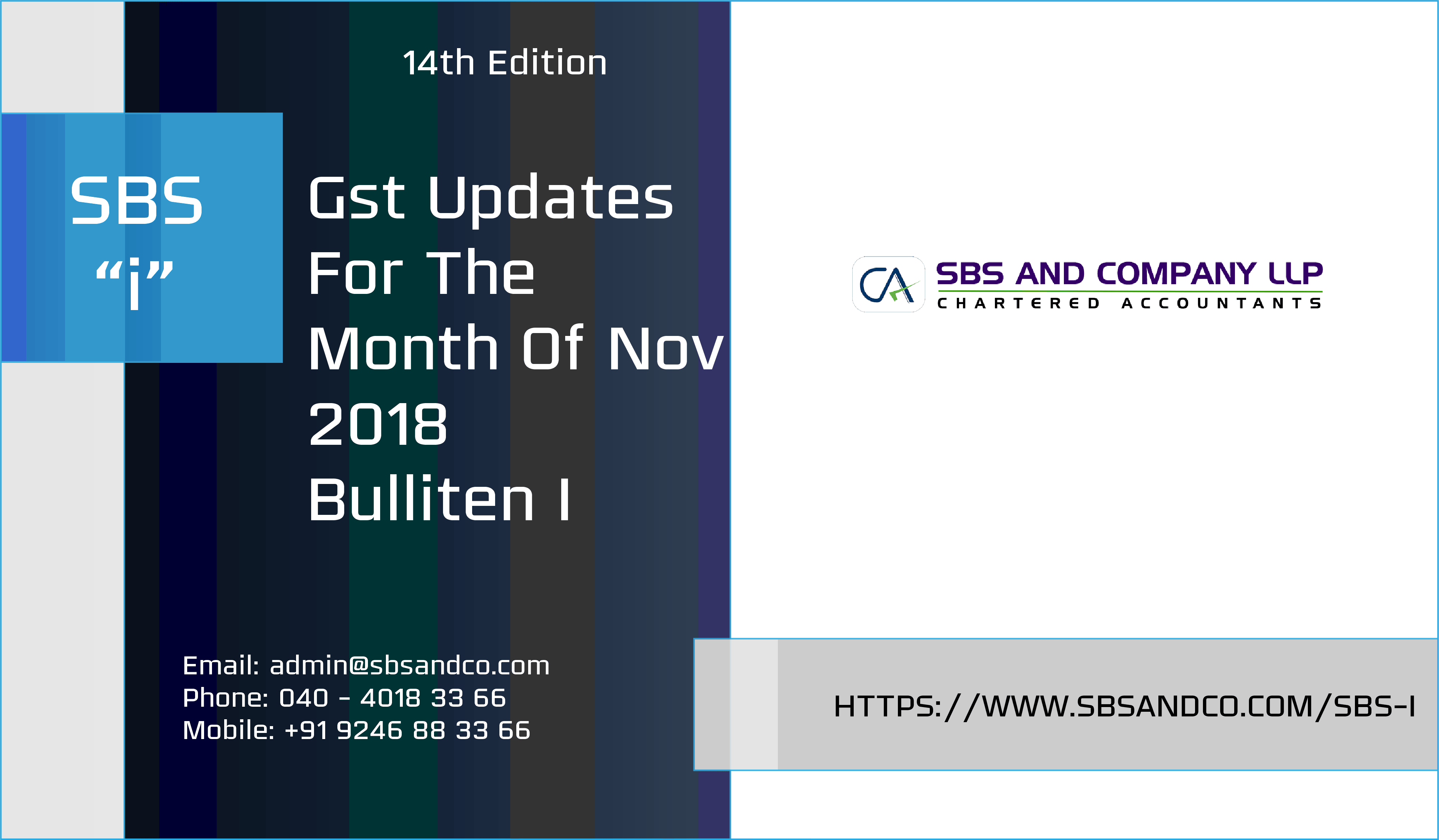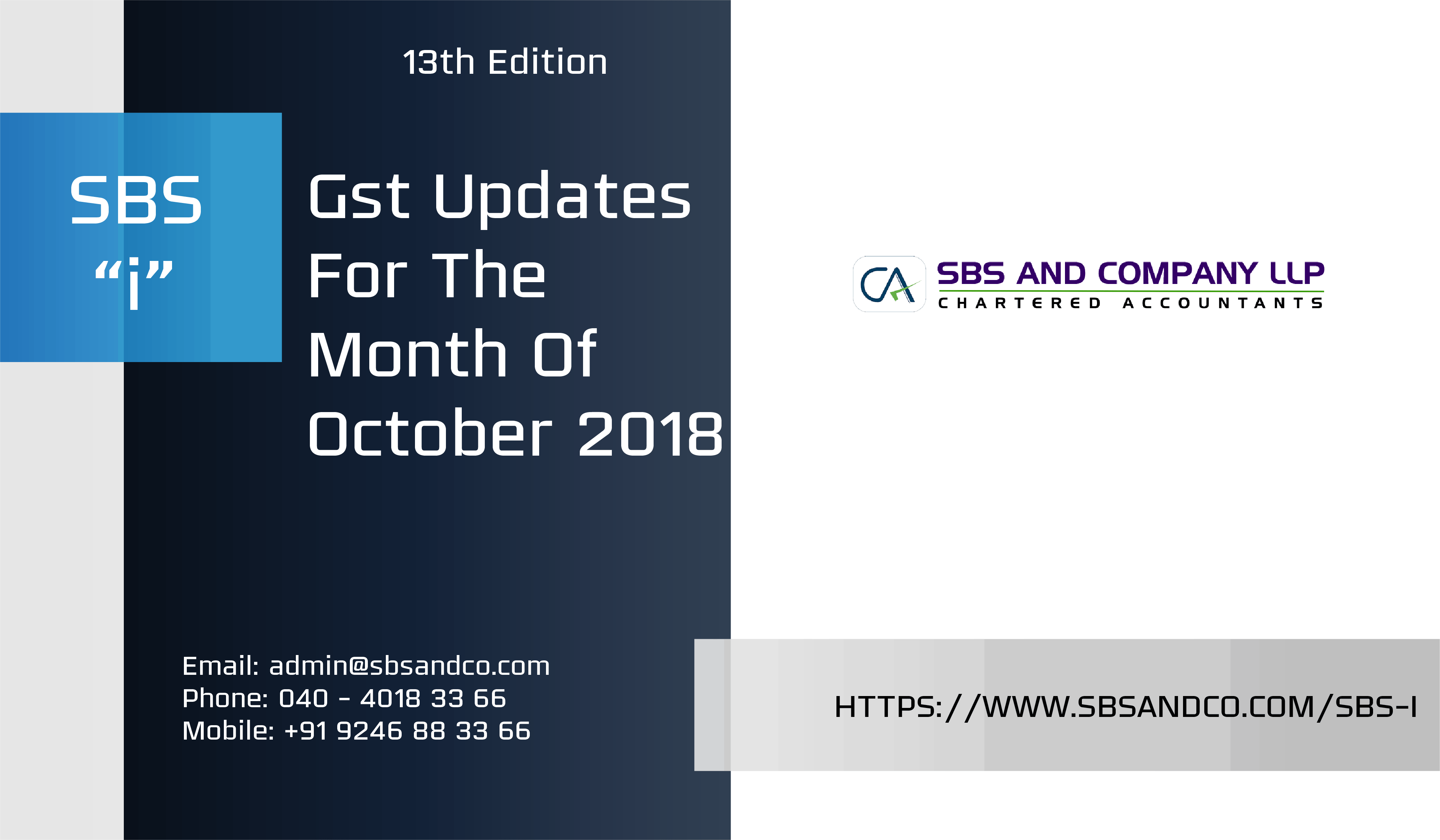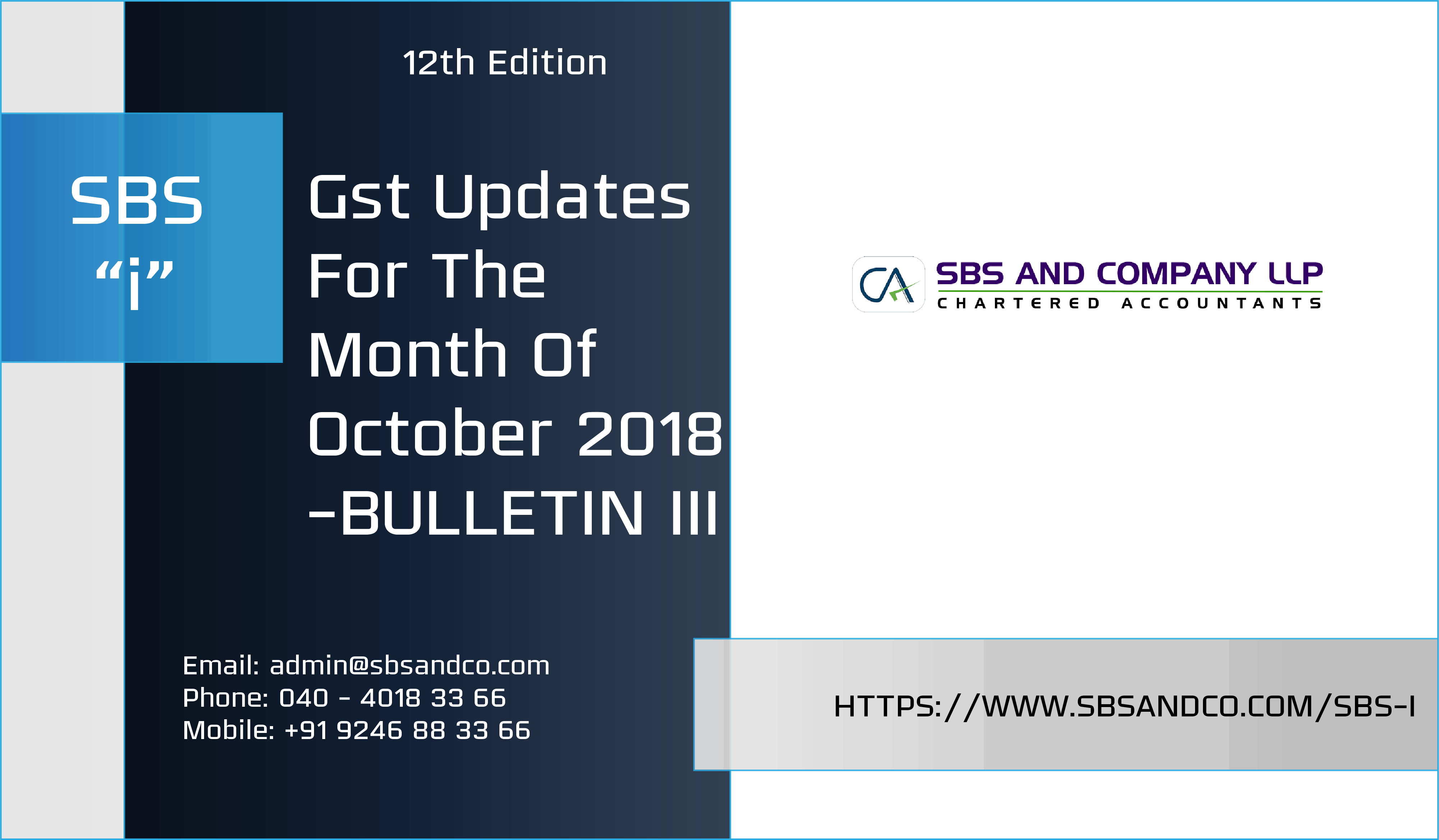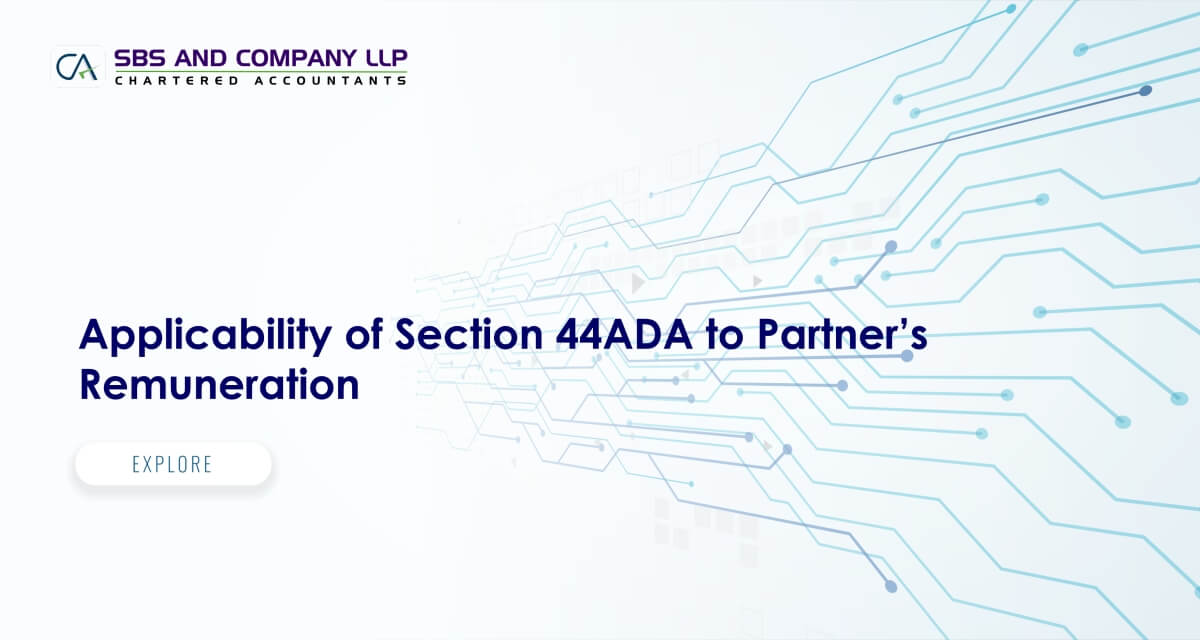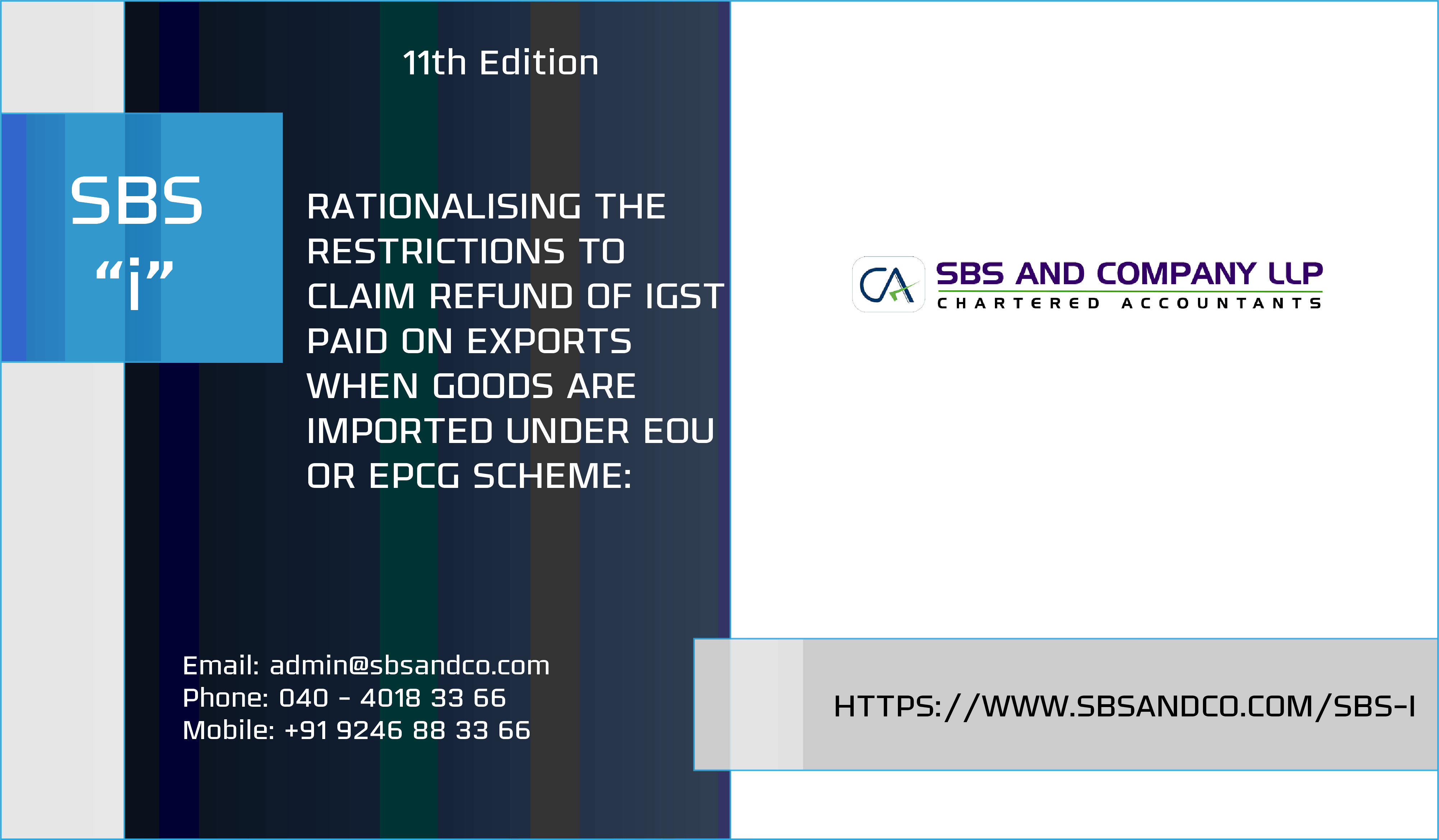-
CLARIFICATIONS ON GST APPLICABILITY FOR DELCREDERE AGENT:
Circular No. 57/3/2018-GST dated 04.09.2018 has been issued to provide that the movement of goods between Principal and Agent would be considered as deemed supply under Schedule I of CGST Act, 2017 to attract GST, only when Agent undertakes to issue invoice in his own name. In cases, where Principal undertakes to issue invoice to customer, then supply of goods by Principal to Agent will not be considered as deemed supply and accordingly, no GST is payable.
In view of this clarification, certain representations were made with respect to GST implications in case of Del-Credere Agent (DCA) who guarantees the payment to Principal even if there is a default by Customer. DCA effectively extends loan to Customer or charges interest for delay in payment for the goods supplied to him.


